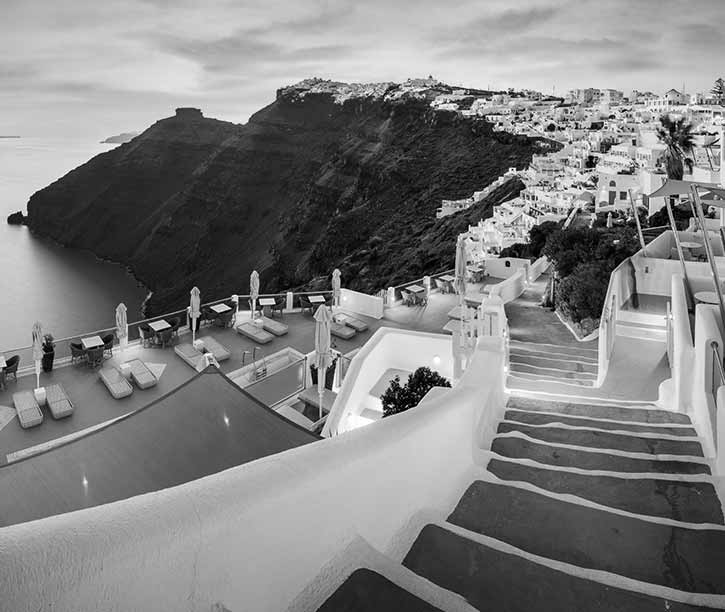What Goes Into Good Resort Web Design?
If you’re like a lot of resorts, you aren’t sure how to build a robust website presence — what’s most useful or effective in converting leads? That’s where the help of a professional resort web design company comes into play. A resort web design agency can help you create the kind of website that gets results. To give you an idea of what features are important in resort websites, here are some examples:
- Gorgeous photos. In an industry that revolves around luxury and relaxation, photos are a powerful way to communicate a sense of your resort’s beauty and amenities. Use images that reflect your unique features and showcase them throughout your site’s design.
- Location information. As soon as someone lands on your site, it should be obvious where you’re located, how to reach you and what’s great about your geographic area. Include mapping to help visitors find you, and include relevant information on the area to serve your guests.
- Online booking. When someone is ready to make a reservation, you need to make it as convenient as possible. Use online booking to allow for instant reservations that can be made 24/7.
- Responsive design. More than half of your website visitors will likely be on their smartphones or other mobile devices while researching your resort. Don’t risk losing them with a website that doesn’t adapt to their screens. A responsive design automatically adjusts to the size of a user’s screen, displaying information that’s optimized for their devices.
- Simple design. Simplicity is just as important as being mobile-friendly. Cluttering your site with too much content turns visitors away. Keep the navigation menu to six or fewer items, avoid too many widgets and tools, utilize white space, and prioritize information to focus on what’s most important.
- Calls to action. If the goal of your website is more reservations, tell visitors to “Book Now” on a clear CTA button, set in a different color from the background of the page. Make this button large enough to see easily, clickable, clear and compelling enough to make visitors want to book. Then, use it to take visitors to a landing page further optimized to encourage reservations.
Interested in learning more about resort web design services from a resort web design firm such as Straight North? Contact us today at 855-883-0011 or request a quote online.

